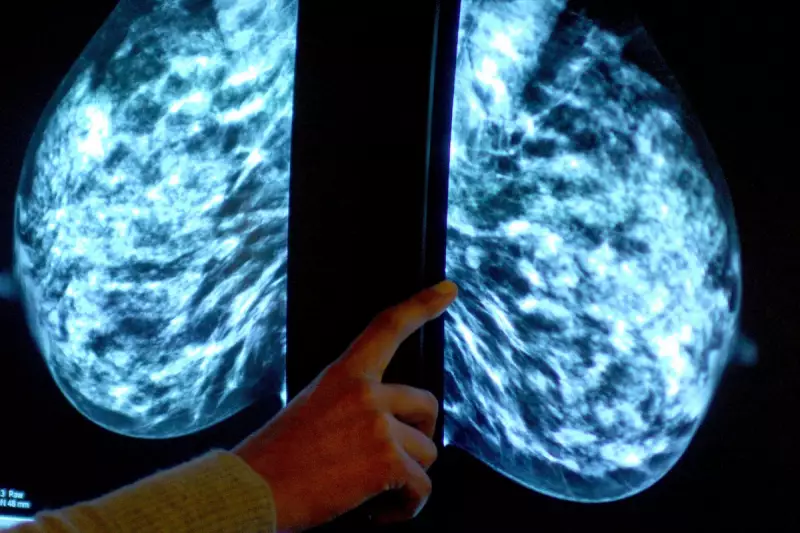
In a medical breakthrough that could transform preventive healthcare for women, a major new study has revealed that routine mammograms might do more than just detect breast cancer—they could also predict a patient's risk of having a heart attack.
The pioneering research, presented this week at the Radiological Society of North America's (RSNA) annual conference, suggests that breast X-rays can identify early signs of arterial calcification in the breasts. This condition is a known marker for calcium buildup in arteries, a primary cause of cardiovascular disease.
A Serendipitous Discovery
Cardiologist Dr David Friedman and his team at Northwell Health's Long Island Jewish Medical Center made the connection while analysing mammogram results. They noticed that certain patterns of calcification visible on the scans appeared to correlate with cardiovascular risk factors.
'We were looking at mammograms and realised we might be seeing something more,' Dr Friedman explained. 'The same tools we use to detect early signs of cancer might also help us identify women at risk of heart disease long before symptoms appear.'
How It Works
The research focuses on breast arterial calcification (BAC), which appears as white spots on mammogram images. While these calcifications are different from those associated with cancer, they indicate the presence of calcium in the blood vessels of the breast.
This finding is significant because calcium buildup in arteries is a known precursor to atherosclerosis—the hardening and narrowing of arteries that can lead to heart attacks and strokes.
Implications for Women's Health
The potential implications for women's health are substantial:
- Early identification of cardiovascular risk during routine breast screening
- No additional radiation exposure or medical procedures required
- Opportunity for early intervention and preventive treatment
- Potential to reduce heart disease mortality among women
Cardiovascular disease remains the leading cause of death for women worldwide, often presenting with different symptoms than in men and going undiagnosed until a major cardiac event occurs.
Next Steps and Research
While the findings are promising, researchers emphasise that more studies are needed to establish definitive protocols. The medical community is now calling for larger clinical trials to validate the correlation and develop standardised reporting methods for radiologists.
This discovery could revolutionise how we approach women's preventive healthcare, said Dr Friedman. “We're potentially looking at a future where one routine screening provides two crucial health assessments.”
The research team is now working on developing AI tools that could automatically flag potential cardiovascular risks during mammogram analysis, potentially making the process more efficient and accurate.





